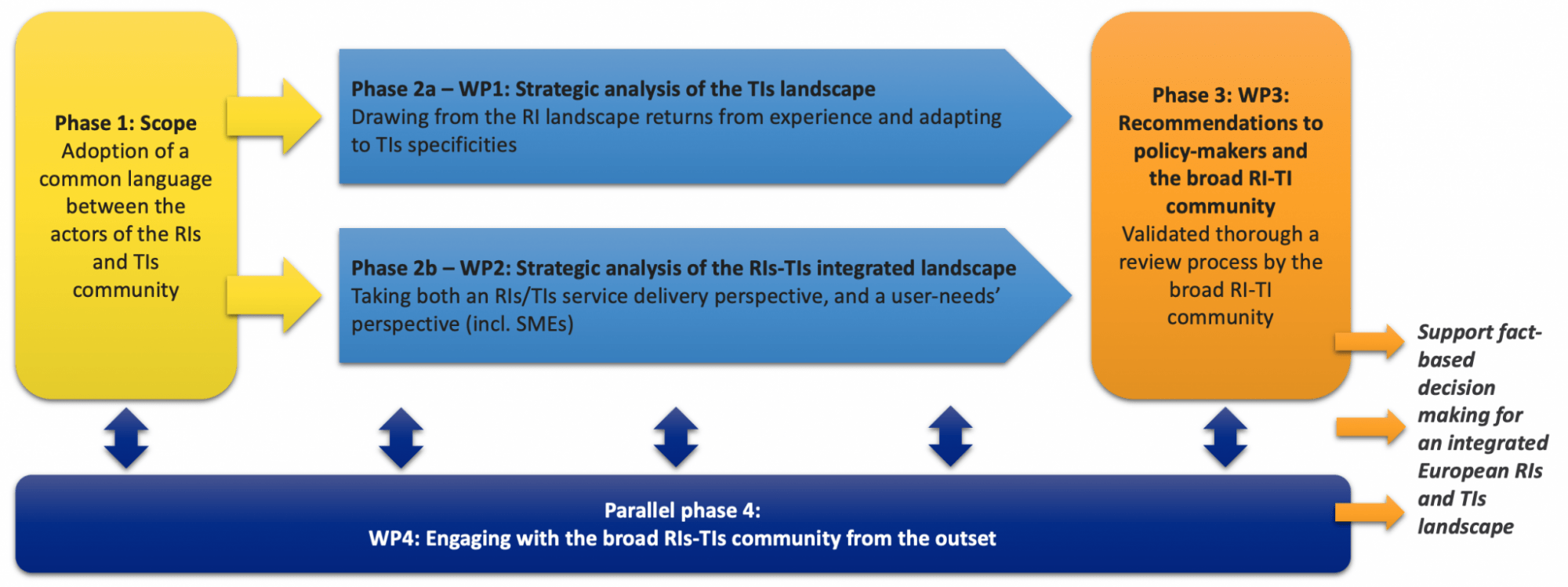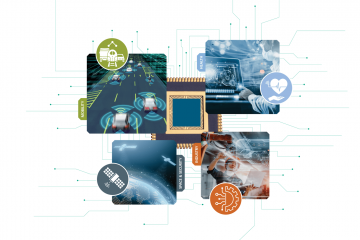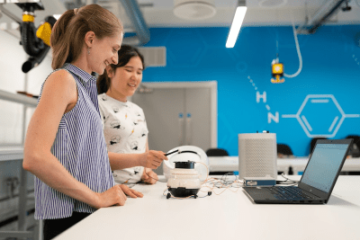Methodology & Approach
Research Infrastructures (RIs)
and Technology Infrastructures (TIs) are both ecosystems in Europe.

This will allow for a strategic analysis of the RI and TI landscapes and their connections in selected areas (phase 2), leading to recommendations for policy makers and the broader RI and TI communities (phase 3).
Concurrently, parallel activities will be conducted throughout the project to establish a network of RI and TI industrial and technology transfer officers and engage with the RITI community for input, validation, and adoption of the project's results (phase 4)
With this overarching approach,
the RITIFI project:
Forward-looking view
Adopts a forward-looking view, adapting to the European policy agenda and timetable (incl. ERA policy actions, pilot board for TIs, EU Presidency agendas) to provide recommendations that can feed into the policy developments in due time.
Pragmatic yet solid approach
Takes a pragmatic yet solid approach for methodology and outcomes, building on existing studies, frameworks and tools (e.g. networks, mappings, technology road-mappings, etc.) whenever they exist, and complementing them with new evidence when necessary.
Calibrated mix of methods
Implements a calibrated mix of methods to gather new evidence, including desk research, case studies, surveys, workshops, interviews, etc.
Collective Knowledge
Uses the collective knowledge of policy makers, RI and TI managers and end users by engaging them in all phases of the project.
Distinguishes the collected evidence
Distinguishes the collected evidence that is rather case based from what is representative of the overall RIs and/or TI landscape, so as to provide realistic and comprehensive recommendations and foster their uptake by the broad base of RI and TI communities.
Adopts open science principles
Adopts open science principles to increase transparency, uptake and sustainability, by documenting the methods used and providing access to the data collected whenever possible.







